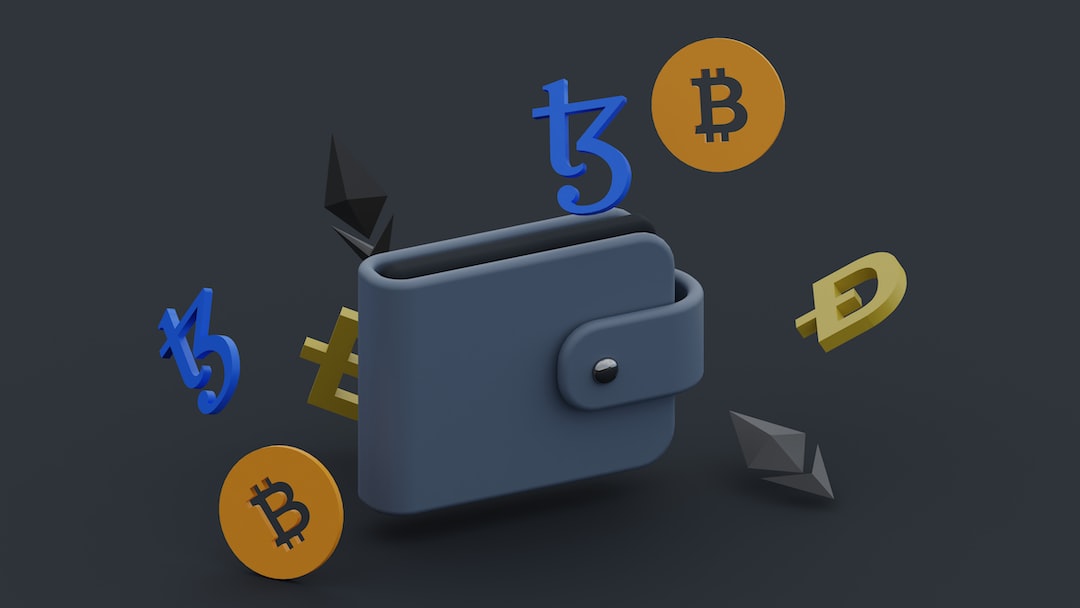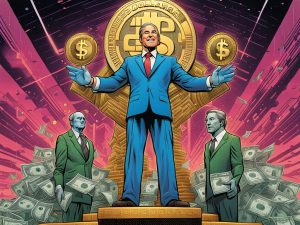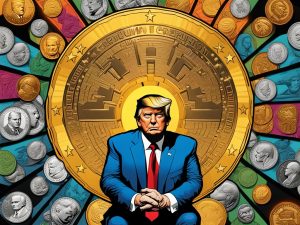Key Insights from Past Court Decisions
Jeremy Hogan, an expert in cryptocurrency law, has highlighted the legal battle between the SEC and Coinbase. This case could have significant implications for cryptocurrency regulation in the United States.
Hogan referred to a previous court ruling involving Uniswap, where a lawsuit was dismissed due to its decentralized nature. However, unlike Uniswap, Coinbase is not decentralized. On the other hand, the judge in the Coinbase case has previously recognized Ether as a “crypto commodity,” which could be crucial in determining the outcome of the SEC’s allegations against Coinbase.
Ripple Effects from Terraform Labs Case
The SEC’s recent victory against Terraform Labs, where their offerings were classified as unregistered securities, is now being used as a foundation in the SEC’s case against major crypto exchanges like Coinbase and Binance. The SEC argues that these exchanges have engaged in similar activities.
Hogan and other industry observers closely monitor this legal battle. The outcome of this case could establish important legal precedents for how cryptocurrency exchanges operate under U.S. regulations.
Judge’s Prior Rulings Offer Glimmer of Hope for Coinbase
Hogan also analyzed the judge’s past decisions and noted her understanding of cryptocurrency technology. Her previous classification of Ether as a commodity may work in favor of Coinbase’s argument. Additionally, the judge’s emphasis on Congress being involved in classifying crypto tokens as securities or commodities could play a significant role in the case’s outcome.
Read Also: Elon Musk’s X Bags Money Transmitter License in Utah
Hot Take: The Future of Cryptocurrency Regulation Hangs in Balance
The legal showdown between the SEC and Coinbase has captured the attention of the crypto world. The outcome of this case could have far-reaching consequences for how cryptocurrencies are regulated in the United States. As industry stakeholders watch with a mix of optimism and caution, the importance of this case cannot be overstated. It has the potential to shape the future of crypto regulations and set crucial precedents for exchanges operating within U.S. laws.





 By
By
 By
By
 By
By
 By
By
 By
By
 By
By